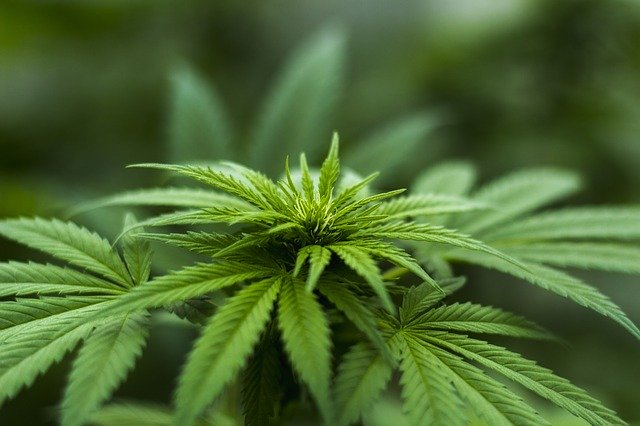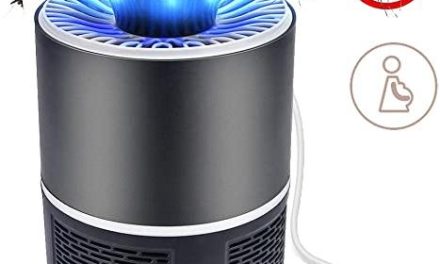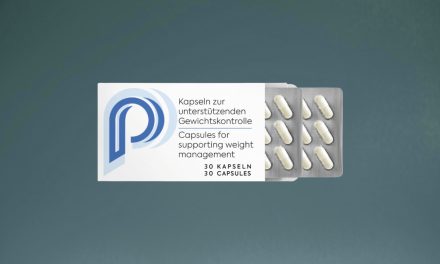Maryland’s medical marijuana industry started off slowly but found a bit of success with sales approaching over $100 million in the first year alone. While the debate over the decriminalization of recreational marijuana still rages in the state, medical marijuana—legalized in 2017—has certainly made its mark. Since then, a series of strict rules for obtaining it for medical use have appeared alongside numerous dispensaries specializing in providing medical marijuana to eligible patients.
First and foremost, written certification from a registered provider must be obtained before a patient can purchase marijuana. After that, there are stringent requirements for obtaining a card, limits on amounts and restrictions to follow. The following are some of the most vital things you need to know about medical marijuana in Maryland.
Uses and types of medical marijuana allowed
The health and therapeutic benefits of marijuana are a subject of constant study. One compound found in marijuana, CBD, is effective for some anxiety relief, pain and epilepsy but it isn’t the only aspect of the plant that has medical applications. According to Harvard Medical School, medical marijuana is mostly used for pain control. While marijuana isn’t strong enough for severe pain it is quite effective for the chronic pain that plagues millions of Americans, especially as they age. It’s a safer alternative to some other medications like opiates and has some therapeutic qualities when it comes to chronic and nerve pain. It can help relax muscles and may have applications for treating Parkinson’s Disease, fibromyalgia, endometriosis or other chronic conditions.
Maryland’s eligibility requirements
To purchase or use medicinal marijuana, a patient must first meet all the state’s eligibility requirements. Per the official state website, it’s a simple three step process. The process begins with registering with the Maryland Medical Cannabis Commission (MMCC). Patients over 18 need a valid email, the last four digits of their Social Security Number, a valid government-issued photo ID and be able to prove they’re a resident of Maryland. Patients under 18 (minors) need to have at least one caregiver—a parent or legal guardian over the age of 21—assigned to their account. Once all requirements are met, the application must be submitted. The next step is to get written certification from a medical professional that is registered with the MMCC after being diagnosed with one of several qualifying conditions. Finally, the patient must visit a Maryland marijuana dispensary that is licensed to provide medicinal marijuana services to approved patients.
Maryland’s qualifying conditions
Per the Maryland Cannabis Commission, there are a number of medical conditions for which medicinal marijuana can be doctor recommended. Currently, Maryland lists anorexia, glaucoma, chronic pain, seizures, PTSD, severe pain or nausea and persistent muscle spasms as qualifying conditions. Cachexia, a weakness or wasting away brought on by severe illness, is also considered a qualifying condition in the state. Once diagnosed, patients should use MMCC’s Provider Registry to find a registered health care professional and take the next steps to learn about conditions, caregivers and dispensaries.
Finding licensed dispensaries in Maryland
Finding a licensed dispensary in Maryland is actually very easy when using the right resources. To begin with, the state keeps a database/list of their current 102 licensed dispensaries. Then it’s a matter of selecting one that suits your doctor recommended medicinal needs. A licensed dispensary is intended to ensure patients are not mistreated or penalized for having the illness in the first place and as a way of making sure they receive a safe product with a seal of quality.
Aside from a large amount of paperwork, dispensaries are required by the state to detail their operating procedures for storing and securing their medical cannabis along with a plan for how they will comply with Maryland’s strict cannabis regulations. The medical marijuana itself can only be sold after it is tested by licensed qualified independent laboratories. An initial license lasts four years then must be renewed on a two-year cycle.
Further reading and information
For more information about Maryland’s medical marijuana, consider perusing and familiarizing yourself with the MMCC’s official website where you’ll find all the pertinent and up-to-date information available about medical marijuana in the state. Further information about medical marijuana legislation, clinical requirements, providers, the effects of Covid-19 and more from the Maryland State Medical Society. The United Patients Group is another great resource for learning about medical marijuana in the state, along with legal fact sheets and local library or governmental resources.







Recent Comments